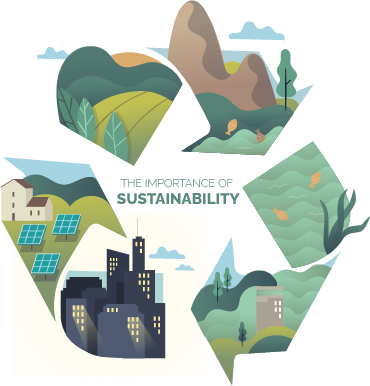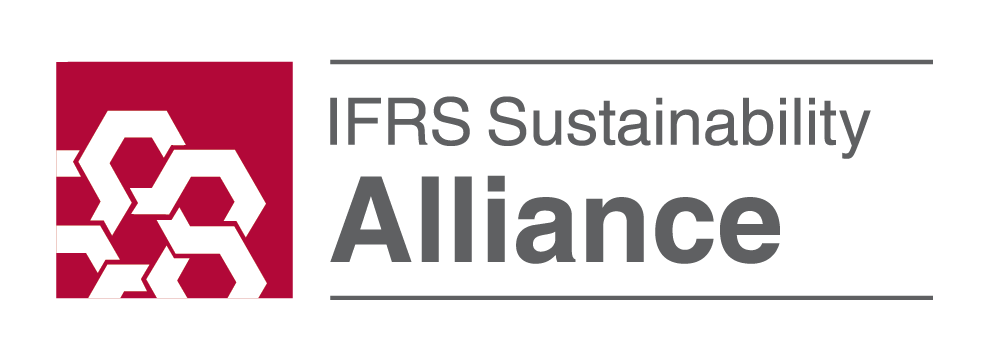GRI’s Chief Executive, Ernst Ligteringen, was invited to submit an article for a high-level publication to coincide with the G20 summit in Russia in September. Read his reflections on how political leaders can use their influence to promote sustainable business…
The G20 summit in St Petersburg promises a ‘framework for strong, sustainable and balanced growth’, and few could argue with that. Whether those words would have had the same resonance only five years ago is an intriguing thought, however, for how we view the world has changed radically. Take the word, ‘sustainable’. In the post-financial crisis world the term is omnipresent, sprinkled throughout politicians speeches and splashed across companies’ annual reports. But what does sustainability really mean? And how can we go about building a more sustainable world?
Sustainability does not mean a continuation of the status quo. ‘Earth 2013’ is a world in which the equivalent of 1.5 planets are used up every year. With the UN projecting a global population of between 8.3 and 10.9 million by 2050, the sustainability challenge is only set to increase. Most policy makers now not only accept this, but understand the inevitable consequences of an unsustainable world: climate change, environmental degradation, greater social injustice, and political instability.
While business is unique in its capacity to innovate, stimulate growth and help lift people out of poverty, we must recognize the current situation is largely a consequence of economic activity. Most global economic activity is not the direct result of governments’ actions; it is the result of companies. The building blocks of a truly sustainable economy must therefore be truly sustainable businesses. And that in turn means hardwiring sustainability business practices – economic, environmental, social and governance – to business strategies. What the economy needs is for political leaders to influence and legislate in such a way that sustainable business models are actively encouraged – in part through enhancing corporate transparency – but without imposing unnecessary burdens.
It is often said that what is not measured cannot be managed, and what is not managed cannot be changed. It is for this reason that the disclosure of material information about organizations’ performance and impacts – be they on the environment, local communities, suppliers or employees – is a critical step in building a sustainable economy. Through compiling a sustainability report businesses learn more about themselves, such as their socio-environmental footprint and labor standards in their suppliers’ factories. A decade ago this practice was undertaken by a mere handful of pioneers. It is now moving from the minority to the mainstream, with thousands of companies, including over 95 percent of the largest 250 corporations, producing sustainability reports.
Information about sustainability performance and impacts is not only useful to the organization in question or consumers demanding transparency; it is also vital to meet the demands of markets. If 2008 taught us one lesson it is that we need more sophisticated means to identify risk. The right people need the right data.
Traditional financial disclosures offer little more than a superficial snapshot of a company’s present. Sustainability reporting goes much further, providing businesses and investors with a comprehensive three-dimensional picture of how sustainable a company’s business model really is. No surprise therefore that investors’ demand for sustainability information has led to its inclusion on electronic trading platforms. And what if a business decides against full disclosure? Well their company name will be in the n/a category. Not applicable. Not accountable. Subtext: not a business to invest in.
So how can world leaders meeting this September in Russia’s capital of culture help create a culture of sustainability? Several governments such as in Denmark, together with stock exchanges such as BM&FBOVESPA, have opted for a ‘Report or Explain’ approach, meaning that companies are required to publish a sustainability report, or if not, declare publicly why not. These measures have been widely embraced by business, who now see it as an opportunity, not a threat, improving competitiveness, efficiency and driving innovation – demonstration that while there is no lever that leaders can pull to make business sustainable overnight, they can help to set the tone and tenor of debates, and introduce smart, flexible legislation.
The importance of corporate sustainability reporting was recognized by governments and business alike at Rio+20 last year, and acknowledged in paragraph 47 of the outcome document, and through the formation of the ‘Friends of Paragraph 47’ group – founded to advance an international culture of corporate transparency and accountability. Another important way to help create a more sustainable global economy is by recognizing the importance of sustainability reporting as a means to achieve the post-2015 sustainable development goals.
2008 taught us that short-term thinking only leads to long-standing problems. There is no better time than the G20 summit for world leaders to demonstrate that they have learnt the lessons of the past.





